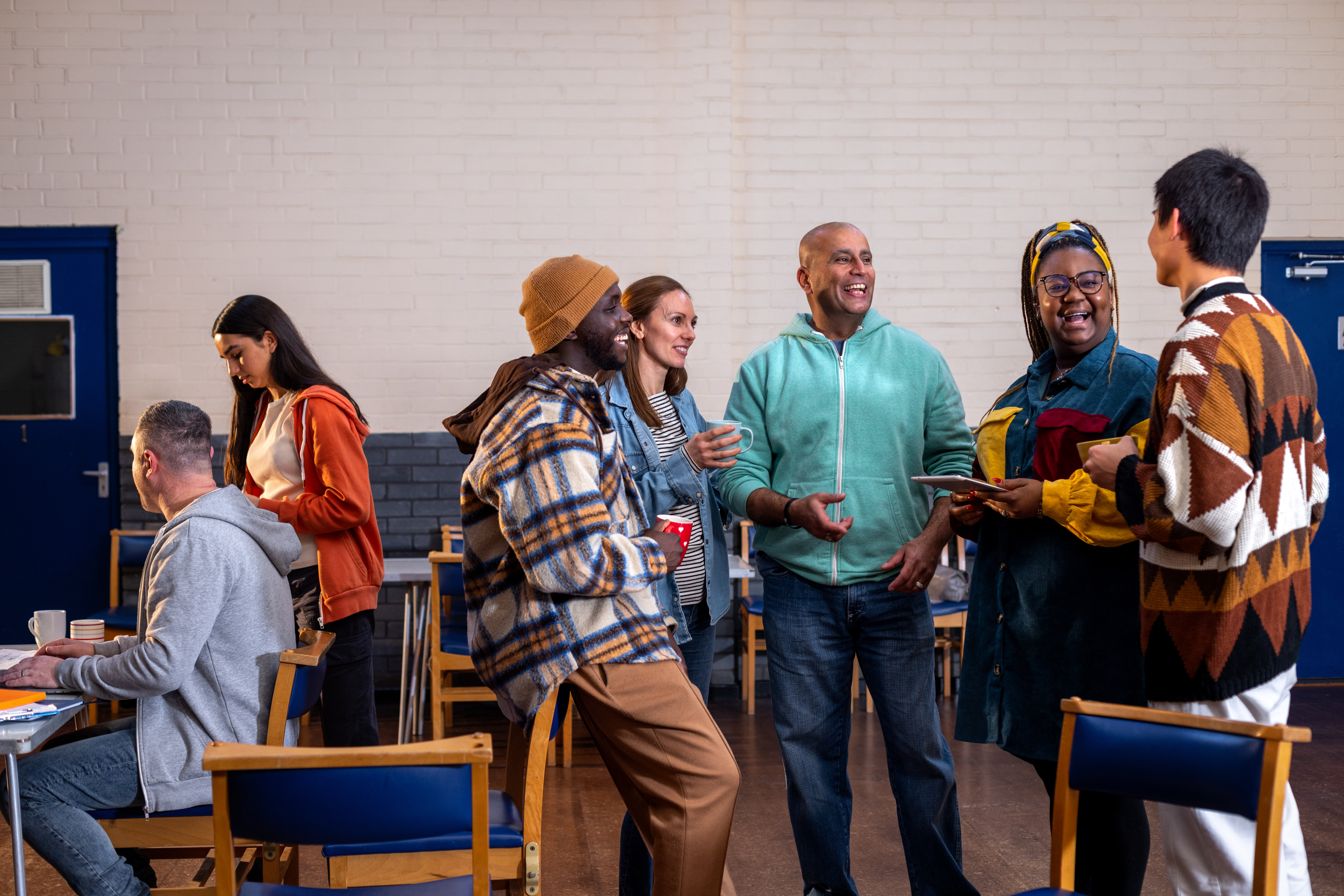Connection is at the center of our human existence. It’s essential to building the deeper layers of Maslow’s Hierarchy of needs which stresses that love and belonging are necessary to help us reach our full potential.
A big part of establishing love and belonging is by having relationships. Relationships are a vital piece of how we show up each day and interact. When we have strong relationships with others, it helps build our sense of purpose and makes us feel safe. It’s no surprise then that strong relationships can have a significant impact on staff well-being.
Leaders who prioritize relationships with their staff and lead from a place of kindness, simply do better. A research study by Julia K. Boehm and Sonja Lyubomirsky shows that happiness is a predictor of workplace success. And when you dig deeper into what “happiness” at work means for employees, happiness comes down to positive relationships.
For school and district leaders, ensuring their staff are fostering positive relationships could be crucial – for retention, job satisfaction, performance, and overall happiness of not just your team, but the entire environment. One of the most important things leaders can do is model what this looks like for both their staff and their students. By taking the time to get to know your staff, showing appreciation, and building relationships across all levels of your building, your school or district culture and climate has a better chance of following suit.
Not sure where to start? Kaiser Permanente is committed to providing schools with tools and resources that can help create spaces for positive relationships to grow. From how to create physical break areas on site, to a training and guide on Forming Meaningful Relationships, to our Thriving Schools Integrated Assessment topics on Fostering Positive School Climate and Culture and Cultivating Staff Well-Being.
But you don’t have to be a leader to work on building positive relationships. We all play an important role in creating a positive culture of well-being. I realize that can be daunting for some people. While social connections don’t come easy for everyone, regardless of whether it’s your coworker down the hall or someone in the grocery line, in my experience there’s always opportunity to build a stronger social network. Here are some tips that have worked for me:
- Invite a coworker to morning coffee or a walk after work. You might be surprised at what you will learn when you’re not solely focused on students.
- Say yes to new opportunities you get invited to, or that you’ve always wanted to try. For example – a new hobby, a trip or book club.
- Try to assume positive intent, even when you don’t agree with someone else’s views.
Give yourself permission to try new things and talk to new people. This will open the door to new experiences, new relationships, and hopefully a lot more love and belonging.
For more employer strategies to help build a strong culture of connection:
- Sign up for, and/or watch the recordings of, the Thriving Schools and Alliance for a Healthier Generation webinar series “Prioritizing Well-Being Among School & District Staff, Educators & Administrators”
- Check out our KP Leading Inclusively Guide to 7 Essential Leadership Qualities
- Visit the Action Center for more positive work culture resources from Kaiser Permanente and Alliance for a Healthier Generation.




